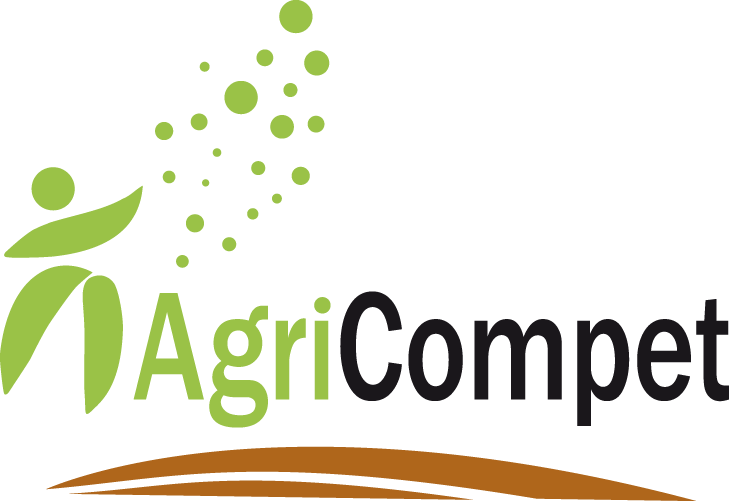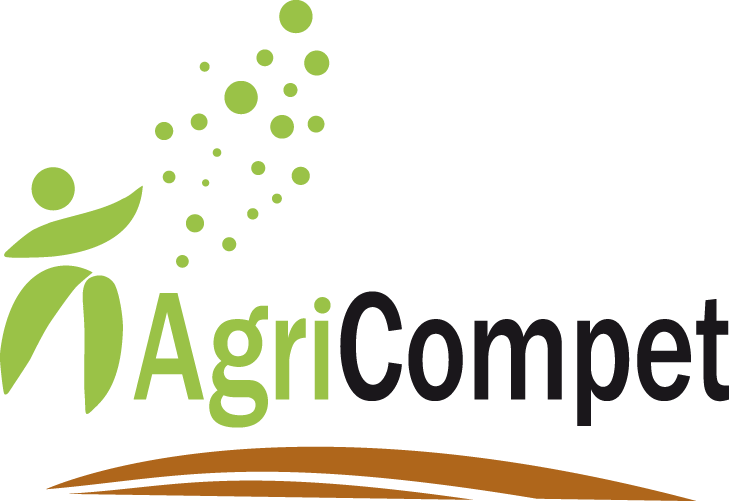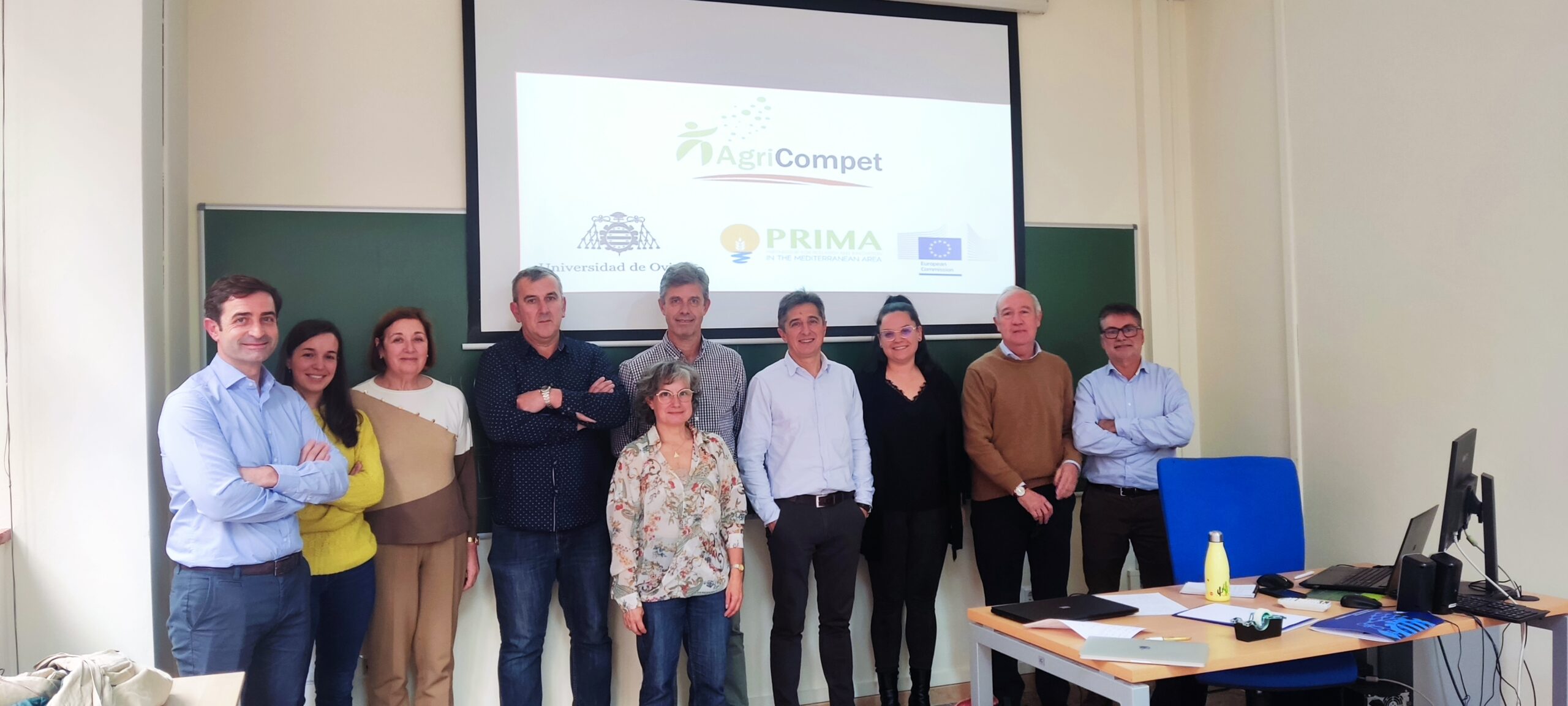Today the Cooperative Solutions Hub met at the University of Oviedo as part of the AGRICOMPET project. We have had the opportunity to have professionals such as the manager of Aseagro, and a notable representation of cooperatives from the North of Spain: KAIKU, Agrocantabria, Campoastur, Central Lechera Asturiana SAT, CLUN and Delagro.
The meeting had two parts, one focused on the challenges affecting cooperatives and the agri-food sector, and the other identified the determinants of greatest impact and uncertainty in their environment.
Governance, market and institutional challenges
Goal
To reflect on the governance, market and institutional challenges affecting the agri-food cooperative world, comparing the challenges highlighted in Spain with those identified in France, Italy, Greece and Turkey.
Summary of the main results
The challenges identified in all countries do not differ substantially, although there are differences in their priority. Spain differs more in terms of challenges from France and Turkey than from Italy and Greece.
Improving the governance of cooperatives, increasing member involvement and improving member services are challenges common to all countries.
France and Italy do not attach as much importance as Spain to improving market orientation and marketing, perhaps because they have solved this problem. On the other hand, they are more concerned than Spain about how to overcome the environmental challenge and how to make profitable the high investments involved for farms and cooperatives.
The differences with the challenges highlighted in Greece and Turkey reside in their lesser concern for the diversity of the governing bodies (for example, the incorporation of women) and for the environmental challenges. Generational replacement or labour shortages are also much less important than in Spain, Italy or France. In the latter country, the need to bring real entrepreneurs into the sector is also emphasised, in the sense of entrepreneurs who are genuinely willing to take on major investments and approach the management of agri-food businesses with a professional and innovative vision (R&D).
Determinants of major impact and uncertainty in the cooperative environment
Following the methodology of transformative scenarios (Kahane, 2012), the two factors with the greatest impact and uncertainty for the cooperative competitive environment were determined in the opinion of the group of experts. In addition, the four scenarios generated by the intersection of these two factors are identified for further analysis. The study of these scenarios and how to deal with them is still pending.
Kahane, A. (2012). Transformative Scenario Planning: Working Together to Change the Future, Berrett-Koehler Publishers, San Francisco.




Comments are closed